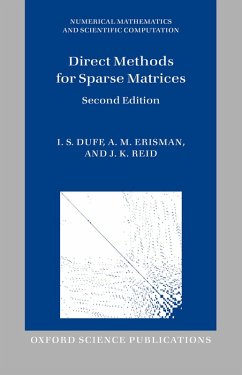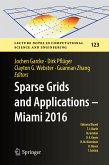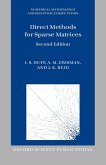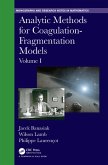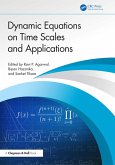The subject of sparse matrices has its root in such diverse fields as management science, power systems analysis, surveying, circuit theory, and structural analysis. Efficient use of sparsity is a key to solving large problems in many fields. This second edition is a complete rewrite of the first edition published 30 years ago. Much has changed since that time. Problems have grown greatly in size and complexity; nearly all examples in the first edition were of order less than 5,000 in the first edition, and are often more than a million in the second edition. Computer architectures are now much more complex, requiring new ways of adapting algorithms to parallel environments with memory hierarchies. Because the area is such an important one to all of computational science and engineering, a huge amount of research has been done in the last 30 years, some of it by the authors themselves. This new research is integrated into the text with a clear explanation of the underlying mathematics and algorithms. New research that is described includes new techniques for scaling and error control, new orderings, new combinatorial techniques for partitioning both symmetric and unsymmetric problems, and a detailed description of the multifrontal approach to solving systems that was pioneered by the research of the authors and colleagues. This includes a discussion of techniques for exploiting parallel architectures and new work for indefinite and unsymmetric systems.
Dieser Download kann aus rechtlichen Gründen nur mit Rechnungsadresse in A, B, BG, CY, CZ, D, DK, EW, E, FIN, F, GR, HR, H, IRL, I, LT, L, LR, M, NL, PL, P, R, S, SLO, SK ausgeliefert werden.

